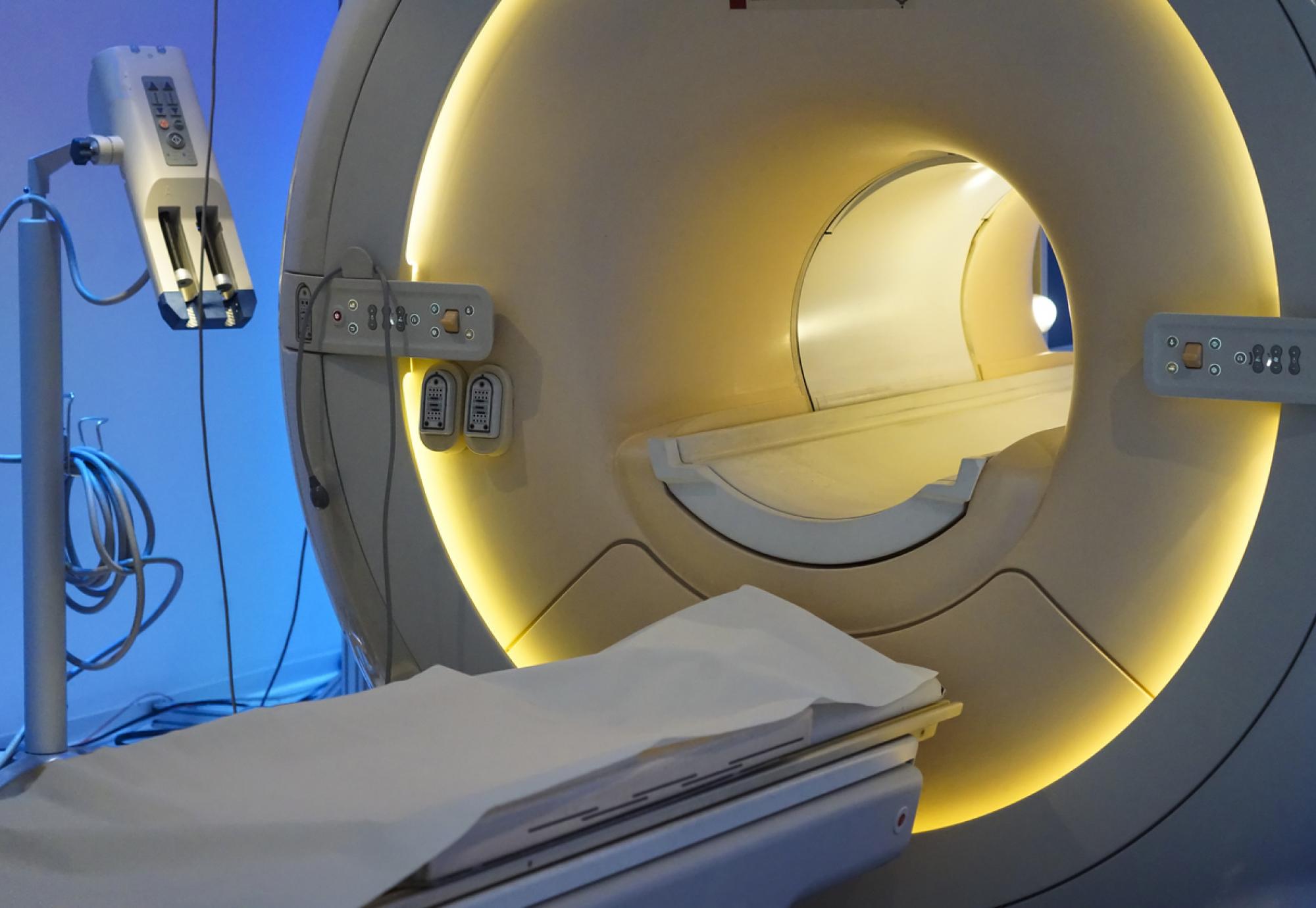Oxford University Hospitals NHS FT have installed and expect to install new imaging equipment later this year at the trust's four hospital sites. It includes two replacement CT scanners, seven MRI units, and two mammography units. The enhanced screening facilities are expected to benefit patients in need of diagnostic services. The service at the trust usually performs 550,000 examinations per year.
Some of the benefits of the high-tech diagnostic technology include enhanced imaging quality, reducing unexpected machine downtime, and enhancing patient care and experience.
It is a £21m investment, with NHS England and NHS Improvement funding £13.7m of the project, and the trust spending £7.3m. This forms part of the project from the Department of Health and Social Care, aimed at replacing equipment which is more than 10 years old.
The four hospital sites which will benefit include: the Nuffield Orthopaedic Centre (NOC), John Radcliffe Hospital and Churchill Hospital in Oxford, and the Horton General Hospital in Banbury.
Toni Mackay, Operational Service Manager for Diagnostics at the trust, said: "We are thrilled to bring in so many state-of-the-art diagnostic facilities to multiple sites across the trust. This is a significant investment and is something which is bringing a wide range of benefits to our patients.
"The accurate and speedy diagnosis of all medical conditions is essential for successful treatment.
"It is very exciting to have the latest technology, which is giving us more capacity and will make such a positive difference to so many of our patients."
The Nuffield Orthopaedic Centre, and the Horton General Hospital have already replaced mammography machines for patients referred for breast screening. This also includes the installation of new CT scanners at the John Radcliffe and the West Wing (located at the John Radcliffe) which replaced outdated machines.
Seven MRI scanners, designed to create detailed images of the body, using radio waves and a powerful magnet, are being replaced at the West Wing (1), John Radcliffe (2), NOC (2), and the Churchill (2). This programme is anticipated to finish by December 2021.
Sara Randall, Chief Operating Officer at the trust, said: "We pride ourselves on delivering swift, safe, and compassionate care, and these new diagnostic facilities will help us maintain the top-level care we aspire to deliver to those who need us.
"Thanks to improved environments, faster scan times, and an improved image quality, the new scanners will make a huge difference to both patients and staff. Early cancer diagnosis, for example, will be far easier and will lead to more timely treatment for patients.
"For years to come, this equipment will enable us to deliver the very best care for patients at Oxford University Hospitals."



















